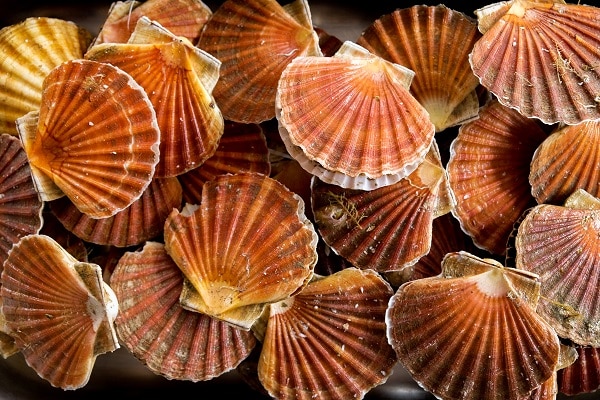A new technique for catching scallops has been discovered by scientists, which involves LED ‘disco’ lights.
This experiment was initially designed to try to attract lobsters and crabs by making these small underwater “potlights”. They were also trying to remove fish being needed for bait.
It was designed by marine scientist Dr Rob Enever and his team from the fisherie Fishtek Marine which are based in Devon.
“conclusive”
However, the marine scientists made the surprising discovery that it was mainly scallops that were attracted to the lighting, as opposed to the crabs or lobsters.
“It’s like a scallop disco – illuminate the trap and they come in”, Dr Enever said.
He added, “It’s astonishing that no one else has discovered this before. It’s quite an exciting find. This has the potential to open up a whole new inshore fishery and that’s a global first”. #
“Pretty much every pot that we hauled had scallops in them and yet every haul without lights had no scallops”, fisher Jon Ashworth who was also involved added.
“It was conclusive, there and then. To have proof that lights can be used to catch scallops has got to have some awesome implications looking forward”.
Ashworth also revealed, “Pretty much every pot that we hauled had scallops in them and yet every haul without lights had no scallops. It was conclusive, there and then,” said Ashworth. “To have proof that lights can be used to catch scallops has got to have some awesome implications looking forward”.
“exciting”
This scallops experiment has been praised, with marine ecologist and fisheries biologist from University of York, Dr Bryce Steward calling it “one of the most exciting things I have come across in my whole career”.
He continued, “Most animals, including us, have lenses but scallops don’t. They have mirrors at the back of their eyes and they also have two retinas, one which senses darker things, one that senses lighter things, so they can possibly use that contrast to sense movement”.
“Perhaps they prefer illuminated areas because they provide safety from predators or because it’s easier to find the plankton they eat”.








